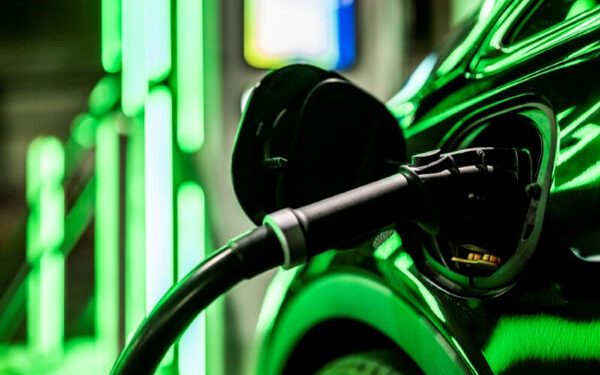The proposed measures include launching the third iteration of the Faster Adoption and Manufacturing of Electric Vehicles (FAME 3) program, implementing a payment security mechanism to provide automakers with interest-free capital in the event that state-transport undertakings default on payments, and allocating 10 GWh capacity under the Production Linked Incentive Scheme for Advanced Chemistry Cells for the establishment of locally advanced battery production units. According to a senior official, these programs are essential to the 100-day strategy that aims to accelerate the transition to clean transportation solutions in order to fulfill net-zero ambitions. In addition, a crucial conference with secretaries from several ministries, presided over by the prime minister, is planned for later this month to conclude this 100-day plan.
For the re-awarding of the 10 GWh capacity under the PLI ACC, the government has already received seven bids, each with a pledge of INR 3,620 crore. An official stated that the awards for these tenders are anticipated to be completed shortly and underlined the importance of local advanced battery production in bringing down the price of electric automobiles. Eighteen companies participated in the pre-bid consultation held in February, including JSW Neo Energies and Reliance Industries.
Regarding consumers, the forthcoming budget is expected to announce the third edition of the redesigned FAME plan, which has a budget of approximately INR 10,000 crore and is intended to promote the purchase of two-wheelers, three-wheelers, and electric buses. In contrast to its forerunners, FAME 3 will only last for a couple of years.
The official went on to emphasize how important it is to deploy additional electric buses. The government intends to increase the number of electric buses purchased under the new program from the 7,000 it previously funded under FAME 2. To reduce risks for bus makers, talks are also underway to broaden the scope of payment security methods. Together with the United States, India has set up a USD 390 million fund to roll out 10,000 e-buses. In the future, a payment security fund of USD 10 billion is being contemplated in order to enable the deployment of 38,000 buses throughout India. The government has prioritized the switch from diesel to electric buses because of the significant advantages it offers for the environment and society.







